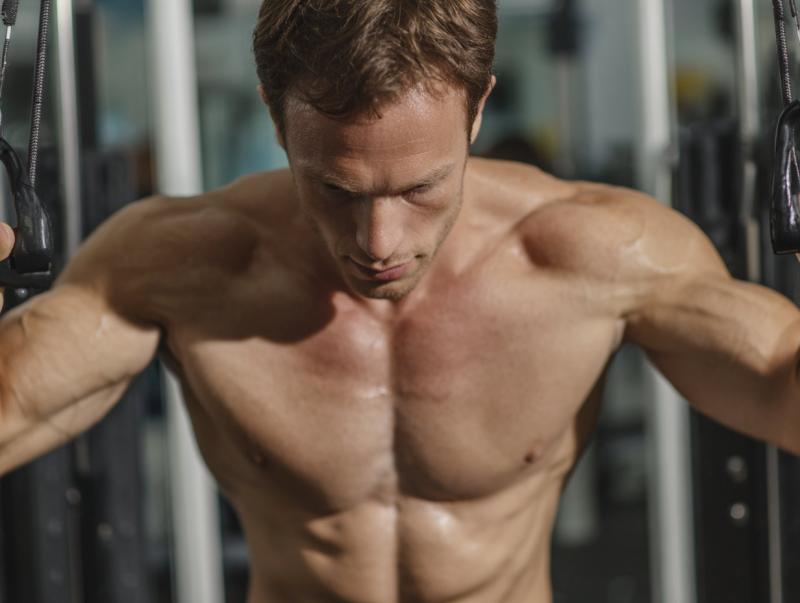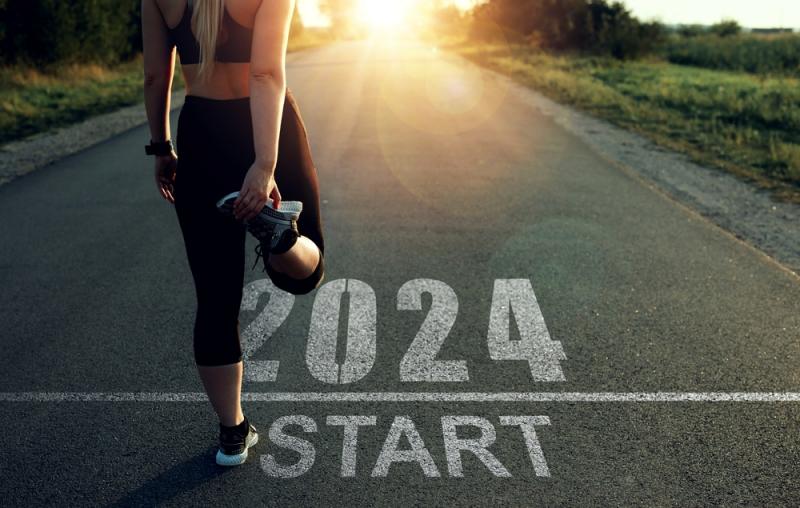Most people know that they need to keep hydrated in order to stay energised.
But it can be easy to underestimate how much hydration can affect your workout. It doesn’t help that there are so many contradictory statistics about how much water we’re meant to drink each day, and how frequently.
So what are we supposed to believe?
We thought it was time to set the record straight. Here’s our definitive guide on how you can stay hydrated before, during and after a workout.
Effects of dehydration on the body
You’d be forgiven for believing that only considerable dehydration can have a detrimental effect on exercise; we’re talking headaches, excessive perspiration and general aches.
But did you know that a mere 2% reduction in fluids can result in a 10-20% degradation in performance? That means your performance can be sapped even when you don’t feel dehydrated at all.
The tell-tale signs of dehydration are thirst and dark-coloured urine. It can also cause digestive issues and constipation, and can even make you feel hungrier, because a dehydrated brain confuses hunger and thirst. When you spot any of these symptoms, your body needs some water.
How much water should I drink per day?
The amount of water you should drink per day depends on a number of variables, not least the level of activity you plan to undertake. For example, a marathon runner will obviously have different requirements to somebody who is doing a 30-minute weights session in the gym.
The weather can also make a big difference, too, since you’ll sweat a lot more in warmer conditions.
General guidelines suggest that you should drink at least 2 litres of water per day. You should increase this by 500ml per hour of intense training, and increase this again if you tend to sweat a lot when you exercise.
How much water should I drink before exercising?
This is where a lot of people come unstuck. Most people are good at taking water to the gym with them for a mid-workout refreshment, but it’s actually even more important to make sure you’ve topped up your fluid levels prior to your session.
You’re most dehydrated when you wake up, so start the day with a tall glass of water and avoid coffee if you can. Having drinks regularly throughout the day will make a huge difference in your energy levels by the time you’re ready to work out.
Getting enough water on board when you’re in full flow might be easier said than done, but it’s imperative that you don’t allow your levels to dip.
A short water break between sets or during quick breaks from cardio can help stave off exercise-induced dehydration, keeping you at your best for consistently high performance.
An easy way to ensure you get enough water is to set a timer — on your phone or watch — to go off every 15 minutes as a reminder to rehydrate. This is especially important if you’re doing exercise over a long period of time, such as training for a marathon.
What should I drink during a workout?
Not that we were expecting you to have a gin and slimline tonic on-the-go between each set of assisted pull-ups, but nevertheless, it’s worth reiterating that plain old water is the most suitable drink to have on hand during your workout.
Of course, it all depends on the length and intensity of your workout.
Electrolytes are minerals that, amongst other things, regulate the level of water in your body. A regular gym session probably doesn’t require a fancy sports drink but long-distance runners or those who train with great intensity would do well to replenish their electrolytes.
Coconut water is plentiful in electrolytes, making it an ideal drink to quickly rehydrate between workouts.
Electrolytes include sodium, potassium, calcium, magnesium, chlorides, phosphates and iron. These are usually maintained by a healthy diet of proteins, fruits and veggies but can be lost through excessive sweating. Coconut water can help to redress the balance.
What to eat and drink after a workout
While many of us fail to take hydration into account before our workouts, even more of us let ourselves down after an exercise session.
Drinking 50% more fluid than you lost through sweat will help to boost your recovery. The fastest way to recover is sipping small amounts of water regularly, rather than guzzling down litre after litre in one go.
You should also ensure that 20% of your water intake comes from solid foods. Opting for foods that are naturally high in water content — like cucumbers, tomatoes and celery — can help you recover more quickly post-workout.
4 ways to spot dehydration during your workout
As we’ve already alluded to, our bodies can play tricks on us when our fluid levels start to drop. We have four tips to help you recognise the effects of dehydration before it starts to become a problem.
1. Check your muscles
Muscle cramps are a giveaway that you’re not hydrated enough. If you start to feel cramp coming on, take a break to have a drink. Don’t guzzle it down; instead, opt for short, small sips over a few minutes.
Once you’re refueled, ease yourself back into your exercise, being careful not to overdo it: it can take a while for your muscles to fully rehydrate.
2. Don’t ignore a dry mouth
One of the first signs of dehydration is dry mouth. As soon as your mouth starts feeling a little dusty, get a drink. Ignoring dry mouth can seriously impact your performance.
3. Pinch yourself
Skin elasticity, which is the skin’s ability to change shape and return to normal, is a giveaway of your hydration levels (though it’s not 100% reliable for everyone). Gently pinch the skin on the back of your hand and hold for a few seconds. If the skin takes a while to return to its normal position when you let go, you may be dehydrated.
4. Stop if you feel dizzy
Feeling lightheaded during a workout is a sign of dehydration and a signal to take your workout down a notch.
Though willpower sometimes makes us want to push ourselves through a few more reps or another mile, feeling dizzy is an indicator that your brain isn’t getting the oxygen it needs. You should stop exercising the moment you feel dizzy; powering through a dizziness spell can be dangerous.



